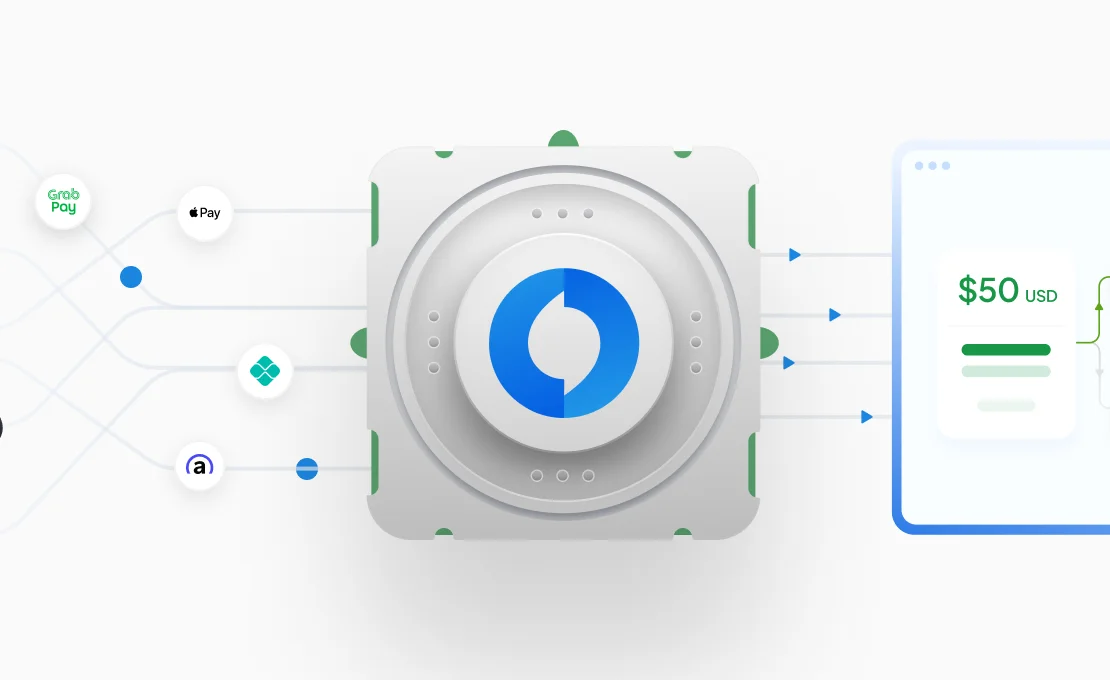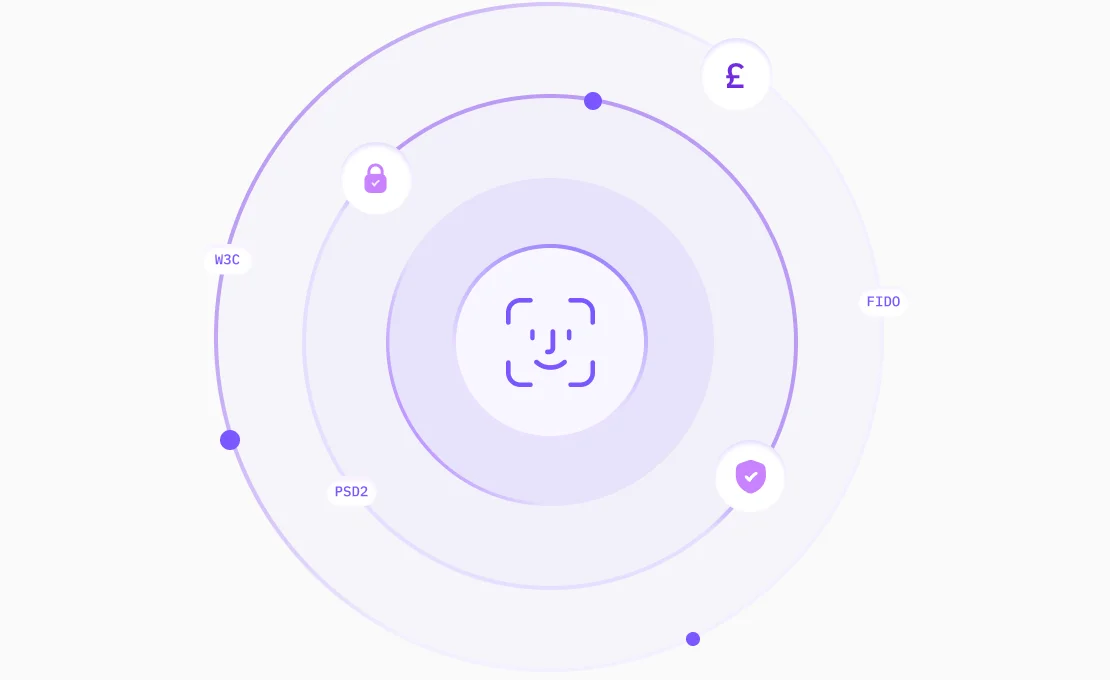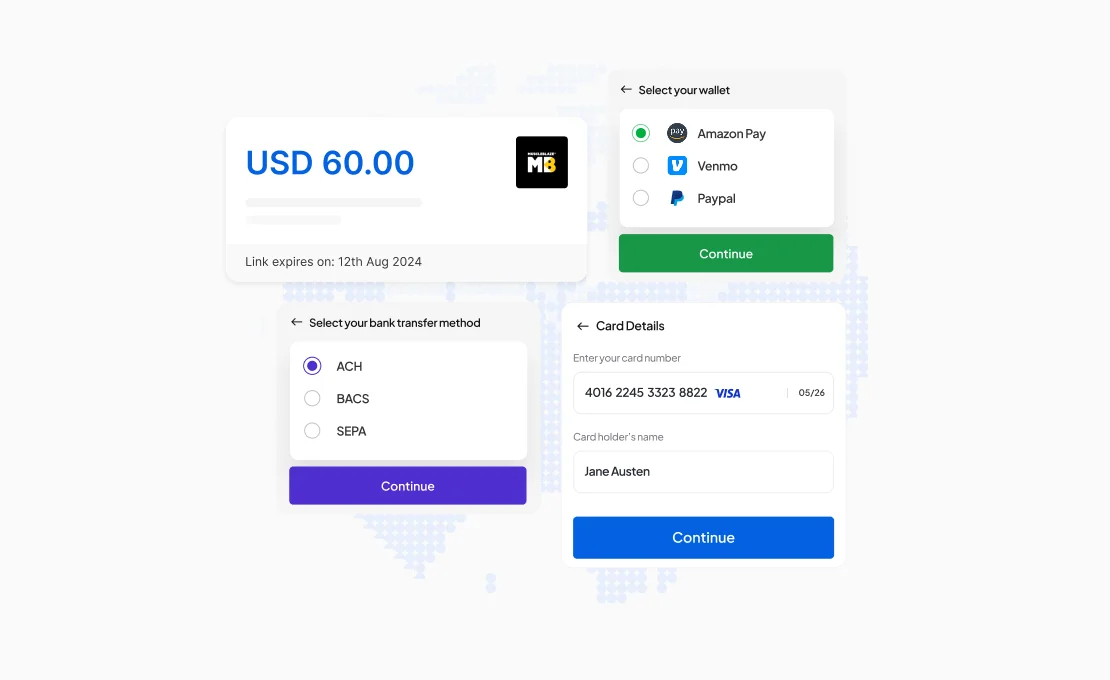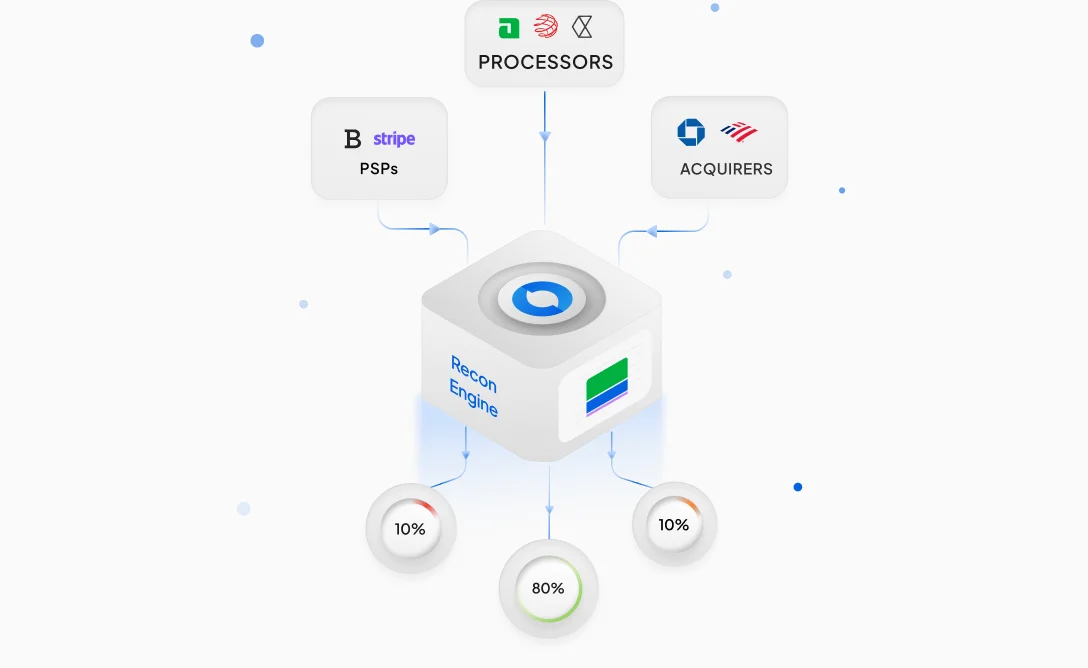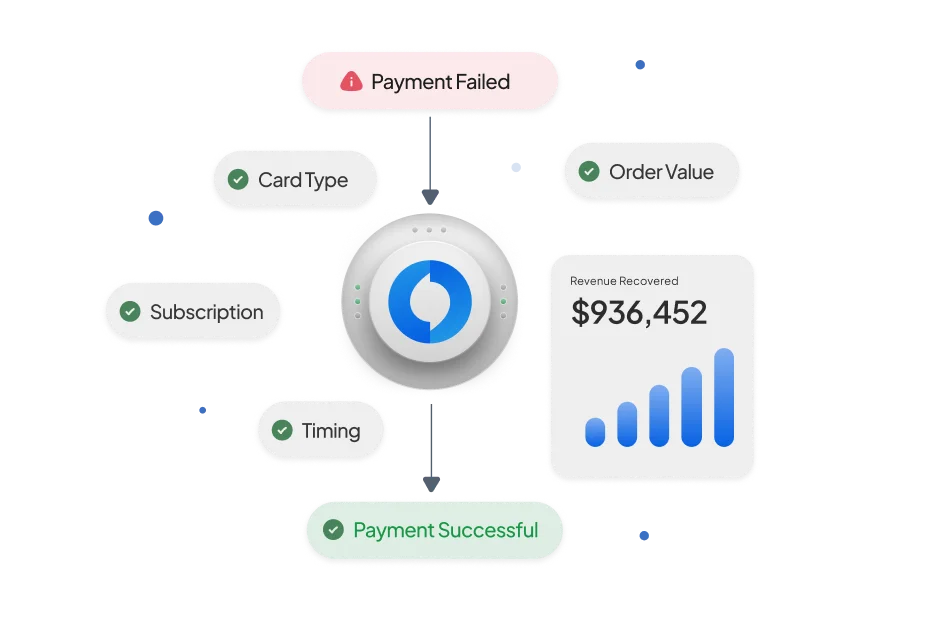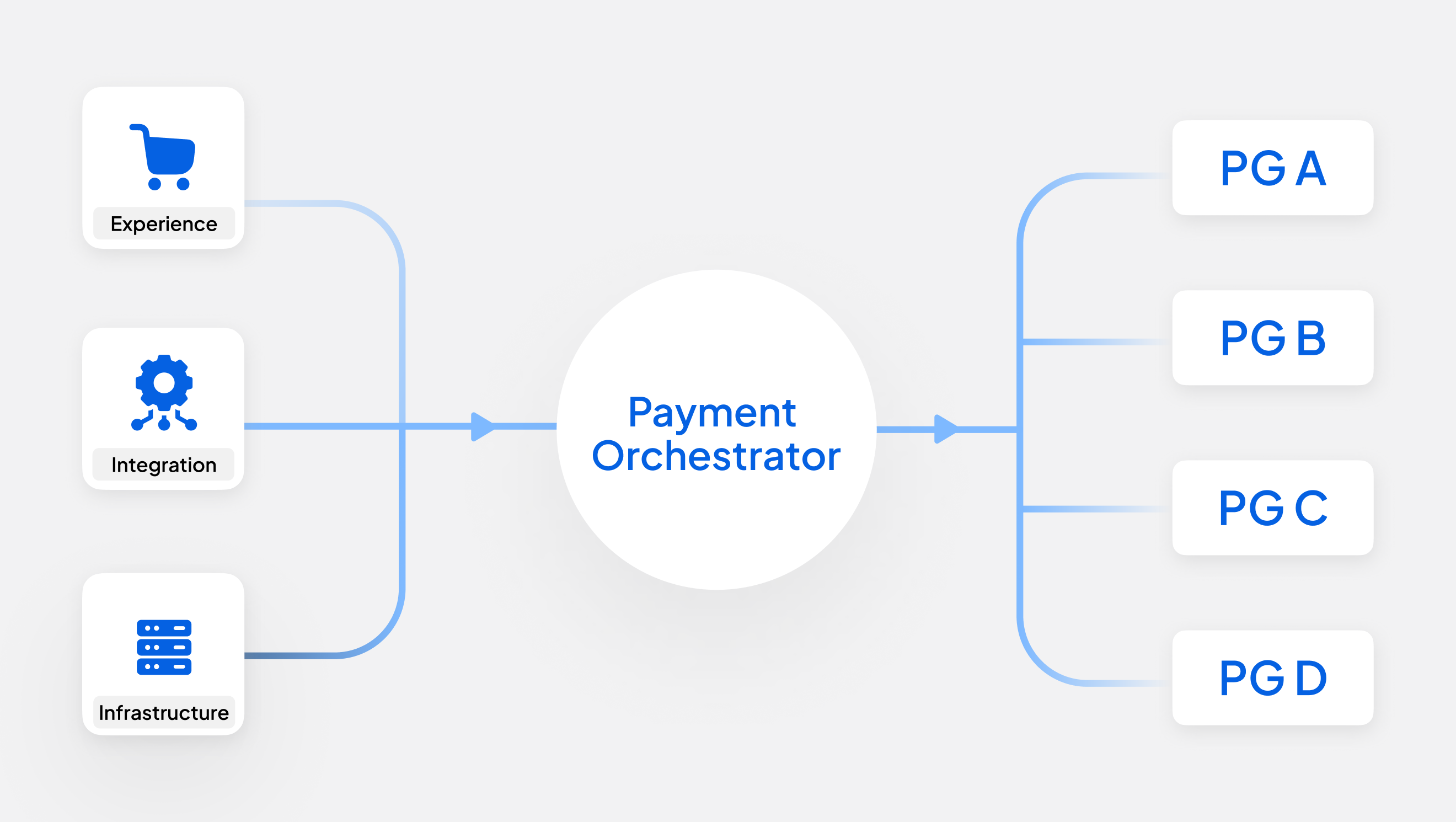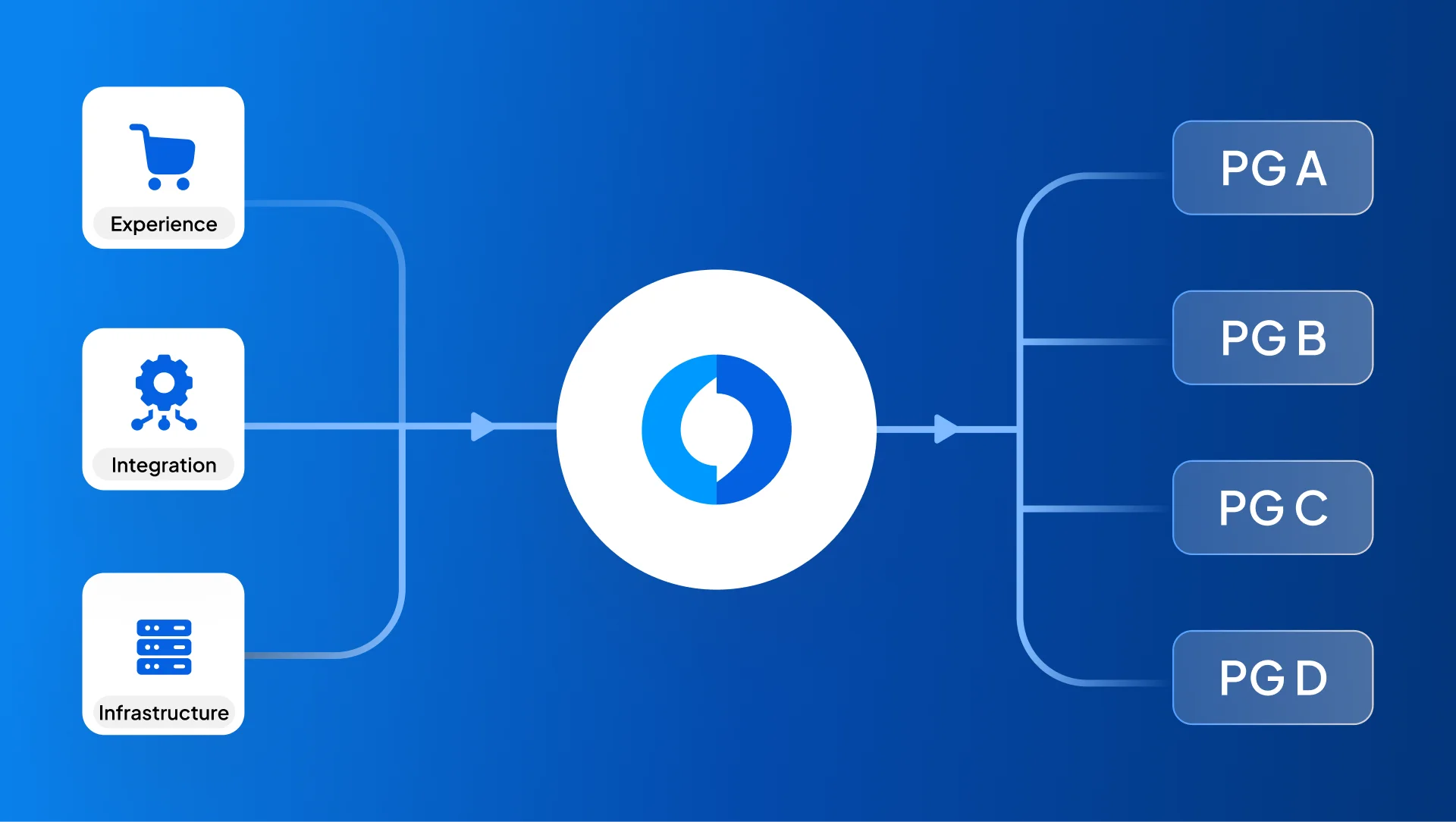The United Kingdom, as a powerhouse for capital, banking, investment, and financial infrastructure, exerts critical influence on global commerce and capital markets. In an economy as digitally integrated and globally connected as the UK’s, payments are the infrastructure behind everyday activities like buying groceries and fueling your car, all the way to large transactions such as buying your first house or a bank executing billion-pound cross-border trades.
Over the past decade, the UK has navigated major transformations driven by technological breakthroughs, forward-thinking regulations, and changing consumer expectations.
Throughout the recent economic disruption from Brexit, inflation and geopolitical shifts; the UK's financial and related professional services has continued to show strong performance, contributing £281 billion to the economy in 2024, (12% of the UK's Gross Value Added, or GVA). This economic impact is built on resilient payment infrastructure which powers continued growth in commerce, investment, and public services; with nearly 50 billion transactions made in the UK by both consumers and businesses in 2023.
As such, inefficiency or insecurity in this system can quickly induce a drag on growth in the UK's most productive industry, which is why regulators have taken such a hands-on approach to shaping its future. The world is seeing a revolution that is modernising how money moves within and beyond the sixth largest economy in the world.
The Great Shift: The UK’s Payment Evolution in the Past Decade
The last decade of payments evolution was kickstarted by a wave of technological breakthroughs. Near Field Communication (NFC) made tap-to-pay not just possible, but faster than cash for everyday purchases. Smartphones brought banking to our fingertips and led to the adoption of digital wallets like Apple Pay and Google Pay. Consumer expectations changed as they demanded increasingly faster, more secure, and more convenient ways to pay. Remote working altered spending patterns, and the cost-of-living crisis heightened demand for tools that gave better control - like debit cards and real-time balances via mobile apps.
The formation of the Payment Systems Regulator (PSR) in 2015 (which has since been abolished to reduce regulatory burdens), was intended to foster innovation and certainty in the market. In October 2024, the UK implemented mandatory reimbursement for Authorised Push Payment (APP) fraud across Faster Payments, significantly strengthening consumer protection. At the same time, Confirmation of Payee (CoP) coverage expanded to nearly 99% of transactions, closing critical gaps in fraud prevention and reinforcing trust in digital payments.
In 2015, the contactless limit increased to £30 per transaction, and now stands at £100 as of 2021, ensuring that the majority of everyday transactions can be processed seamlessly at point-of-sale terminals. This loosening of restrictions allowed for card payments to increase as a share of total purchases, eclipsing cash use for the first time in 2017 when cards became the UK’s most popular payment method. The pandemic further accelerated the decline of cash, with usage falling by 35% in 2020 alone as consumers and retailers favoured contactless payments. As of 2023, card payments accounted for over 61% of all purchases, with contactless payments responsible for 93% of all eligible in-store card transactions.
The Payments Services Regulations of 2017, (the UKs implementation of the EU's Second Payment Services Directive - PSD2), resulted in the creation of The Open Banking Implementation Entity (OBIE) which designed the APIs, data structures and security architectures to allow consumers and businesses alike safely share financial information held by their banks with third parties.
This standardisation of APIs, coupled with an obligation for banks to share information with approved third parties, ushered in a new wave of innovation in the form of new banking providers (colloquially known as NeoBanks), aggregation services and more personalised financial products, such as automated savings tools.
Together, this formed a powerful flywheel: regulation shaped technological standards - leading to new product categories and customer adoption, which in turn led to new challenges and technical evolution. Before we look at these challenges, let's review the current scenario of the payments infrastructure in the UK.
The UK Payments Landscape Today
The current scenario is a mix of the old and new. Disruptive new technologies pose a challenge to established infrastructures and need to adapt.
- Cards and real-time rails
Contactless debit card payments are by far the most popular payment methods in the UK, with 93.4% of all eligible in-store card transactions powered by contactless technology. While digital wallets like Apple Pay are contributing to the dominance of contactless payments, the Faster Payments Service (FPS) has become critical infrastructure, supporting everything from online banking to the future of Open Banking systems.
- Neobanks
Neobanks like Monzo, Revolut, and Starling are reshaping how consumers in the UK interact with financial services, moving them from fringe disruptors to mainstream financial institutions. Their intuitive apps, instant payment features, and seamless integration with mobile wallets have set new expectations for user experience. As of late 2024, 50% of UK adults had opened an account with a challenger or Neobank, with 9% of the population now citing these providers as their main debit card provider.
- Open Banking
The UK's flagship initiative to spark innovation is maturing and growing adoption, with over 10 million active users. However, it only accounts for about 1% of total payment volumes, with upcoming features like Variable Recurring Payments (VRPs) designed to increase open banking adoption and provide a more complete competitor to cards.
- Cash decline continues
Cash usage now accounts for less than 10% of all transactions. While still important for the unbanked and older populations, it’s increasingly marginalised in retail and urban settings.
- Proactive regulatory action
Confirmation of Payee (CoP) and a mandatory reimbursement scheme were two key regulatory tools introduced to help reduce Authorised Push Payments (APP) fraud, with losses as high as £459.7 million in 2023.
Challenges facing the industry
Despite its rapid transformation, the UK payments landscape faces challenges ranging from prevention of sophisticated financial crime to addressing issues of market competition, regulatory complexity, and ensuring new technologies achieve widespread adoption.
- The Persistent threat of fraudAuthorised Push Payments (APP) fraud remains a persistent concern to the UK payments infrastructure, with the speed and convenience of real-time payments making them vulnerable to scams. CoP has contributed to a 17% reduction in APP fraud in 2023, however there are questions about its effectiveness, as fraudsters develop new social engineering tactics to bypass warnings.
- Slow adoption of Open Banking paymentsDespite strong regulatory backing, Open Banking has struggled to gain traction, accounting for just 1% of total payment volumes. Most consumers still prefer familiar methods like cards and wallets which offer a better user experience as well as increased protections such as chargebacks. Without a viable digital alternative to card schemes, the UK's ambition to modernise payments remains unfulfilled.
- Regulatory complexity and financial inclusionThe push for innovation has led to a burdensome and expensive regulatory environment. The abolition of the Payments Service Regulator in 2025 is expected to lead to a more streamlined enforcement regime via the FCA. Meanwhile, cash remains vital for many, especially vulnerable groups, requiring policymakers to ensure access amid digital dominance.
- Trust deficit for new playersFintechs and challenger banks have large user bases but struggle to become consumers' primary banking choice, as seen with the comparatively lower use of debit cards vs. account adoption. Trust remains a barrier, with challengers requiring to respond to the popular perception that traditional banks are more reliable.
A Look into The Future
- The UK’s New Payments Architecture (NPA) is set to fundamentally modernise the country’s payment rails. By consolidating Faster Payments and BACS into a single, API-first, ISO 20022-compliant infrastructure, the NPA will allow richer transaction data, improved fraud detection, and better interoperability across financial institutions.
- Real-time, account-to-account (A2A) payments mainstreamed - A2A provides a lower-cost, faster alternative to cards by eliminating intermediaries like schemes and acquirers. Already gaining ground in e-commerce and P2P contexts, A2A is expected to be widely adopted for utility bills, subscriptions, and point-of-sale purchases. The combination of Open Banking and NPA is set to push real-time account-to-account (A2A) payments into the mainstream.
- Digital wallets dominate POS and online checkouts - Apple Pay, Google Pay, and other mobile wallets will continue displacing physical cards across the UK, especially among digitally-native consumers. Mobile wallets are expected to handle the vast majority of contactless and online transactions, thanks to their frictionless experience, biometric security, and integration with loyalty, rewards, and BNPL options.
- AI-native fraud detection becomes standard - Banks will increasingly rely on AI-driven behavioural analytics, graph-based anomaly detection, and real-time transaction analysis to prevent APP fraud. Financial institutions are expected to embed fraud detection into the transaction layer itself, using AI to score intent, context, and deviation at the edge.
- Rise of embedded finance & fintech orchestration - The next wave of payments infrastructure will be defined by orchestration and embedded finance. Businesses — from e-commerce platforms to SaaS providers — will embed payments directly into their flows using modular, API-first infrastructure. They’ll leverage orchestration engines to route transactions intelligently between acquirers, payment methods, and geographies. This unbundles the traditional acquiring stack and creates interoperable systems where merchants can plug in fraud, routing, tokenisation, and settlement providers as needed. Banking-as-a-Service (BaaS) providers will also enable brands to issue cards, offer credit, or hold funds natively — blurring the lines between merchant and bank.
- Invisible, programmable payments - Looking even further ahead, UK payments will move toward “invisible” and programmable flows. Transactions will increasingly be initiated by context rather than explicit customer actions. Identity, authentication, and routing will be embedded into the environment via IoT, biometrics, and AI. Coupled with programmable money standards and potentially a regulated digital pound (CBDC), this evolution will allow rules-based, intelligent flows where users define conditions (“pay rent only after salary received,” “auto-refund for late deliveries”), and the system executes them securely in real time.
How can Juspay Power the Future of Payments?
As the payment revolution continues in the UK, the Juspay payments ecosystem helps businesses combat today’s infrastructure gaps while future-proofing their payment experiences for what's ahead.
Juspay enables smart routing across multiple payment service providers. Merchants gain cost control, resilience, and optimised authorisations—reducing dependence on schemes and avoiding fee shocks from cross-border or high-interchange card usage.
Driving Open Banking payment adoption: Despite regulatory support, Open Banking adoption is low due to poor UX. Juspay powers seamless A2A checkouts with fallback logic, passkey login, and retry flows - improving conversion and reliability. Its VRP-ready stack makes recurring payments viable, offering a modern alternative to Direct Debit.
Simplifying compliance, minimising friction: UK merchants face heavy compliance costs from PSD2 and SCA. Juspay abstracts complexity with modular APIs, intelligent 3DS orchestration, and audit-ready infrastructure. Features like token vaults and risk-based authentication ensure compliance without degrading UX - critical in regulated, mobile-first payment environments.
